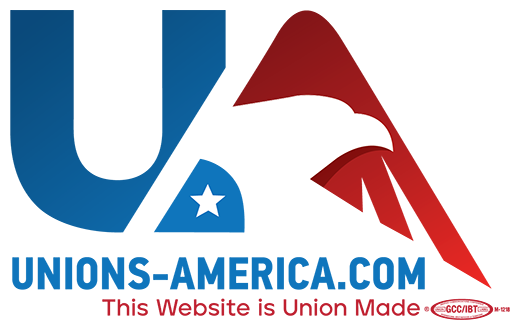Supreme Court Rules in Favor of Free-Riders: Union Drop-Outs Don’t Have to Pay Fair Share Fees, Not Entitled to Non-Core Union Benefits
Posted: 27 Jun 2018 08:51 AM PDT
Today, the Supreme Court ruled that unions cannot collect fair share fees from employees who do not opt in to union membership. While the decision means some unions will face a significant in drop in revenue, public safety unions are not expected to be as heavily affected. This court decision was widely expected given the makeup of the Supreme Court and some recent cases. California recently passed laws giving unions opportunities to reduce the impacts of the decision.
The case is about agency shop agreements. In an agency shop, employees can chose to be full members of the union or decline union membership. But non-members still have to pay part of the cost of supporting the union. In some labor unions, non-members make up a big percentage of the employees covered by a contract. In most public safety unions, non-members are already a very small share. However, all unions should redouble efforts to provide high value to members and communicate with members about the benefits of union membership.
In Janus v. AFSCME, Mark Janus argued that his $45 monthly fee to the American Federation of State, County, and Municipal Employees (“AFSCME”) was unconstitutional and infringed on his first amendment rights. Specifically, he argued that as a public employee his contract negotiations are with the government, hence those fees were a form of political advocacy.
Based on long-standing precedent in Abood v. Detroit Board of Education, all covered employees must pay a fee to account for the benefits of collective bargaining that unions offer. Those fees cover collective bargaining costs, such as contract negotiations, but not political advocacy.
However, Janus claimed such a fee requirement violated his right to free speech, because those fees went to change government policy on salary, benefits, and pensions. Accordingly, his fees were a direct form of speech.
On the other side, the union strongly advocated that Janus’s agency fees simply prevented “free-riding” from employees who benefit from the union's negotiations. AFSCME argued that, because it was obligated by law to represent the interests of both union and non-union members, the fees were a way for employees to pay their fair share for contact negotiations for which they clearly benefited from.
In a 5-4 decision, the Supreme Court agreed with Mark Janus’s position. Justice Alito wrote: "Compelling individuals to mouth support for views they find objectionable violates that cardinal constitutional command, and in most contexts, any such effort would be universally condemned," Avoiding free riders, Alito wrote: "is not a compelling interest."
Today’s ruling is a clear indication public sector unions must double their efforts to obtain full membership from their fair share bargaining unit members. Unions should clearly communicate about the many benefits of union membership, including the right to vote on a contract, lawyers for legal defense and the ability to vote in union elections. Other member-only benefits will vary from union to union.
